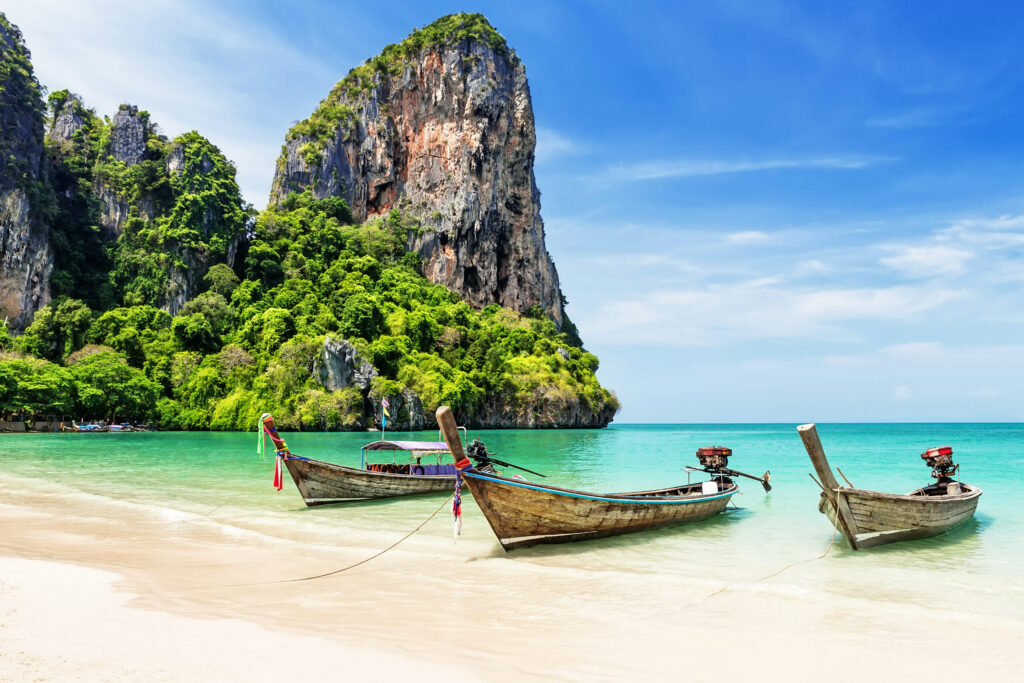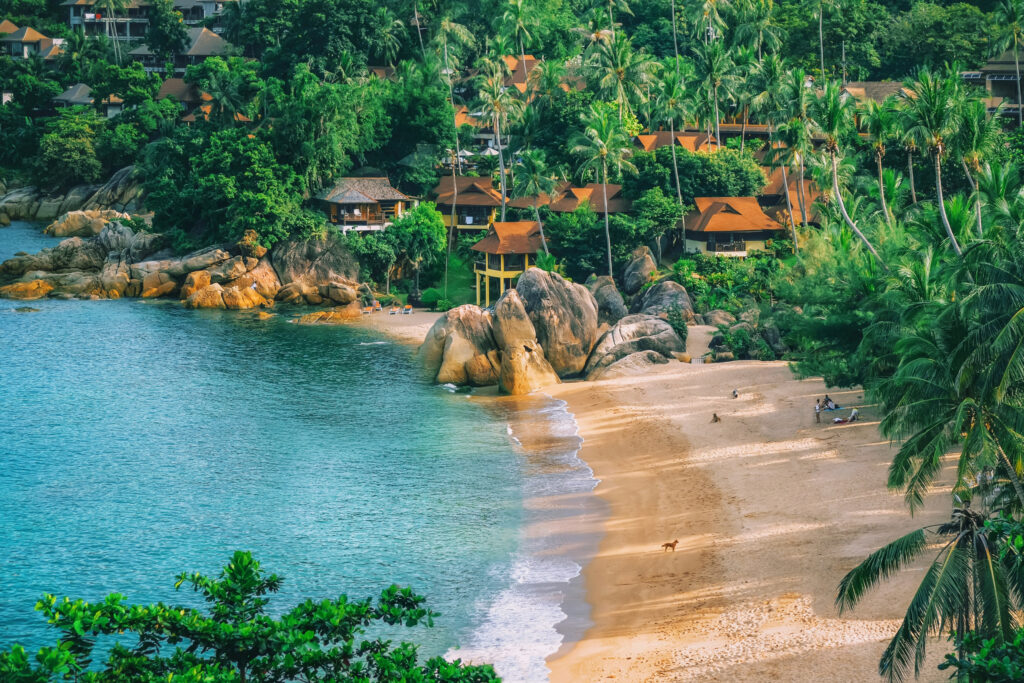Proposed tax may ease congestion at tourist hotspots Samui and Phuket
Thai tourism operators are urging the government to address the rising issue of over-tourism in Thailand.
The pre-Covid proposed 300-baht tourism tax is being urged to be implimented, which they believe could alleviate the problem and it comes in response to Prime Minister Srettha Thavisin’s commitment to make 2025 a pivotal year for Thai tourism.
The Federation of Thai Tourism Associations (FETTA) is set to present a white paper to the government outlining solutions to over-tourism, a significant issue in Thailand pre-pandemic. Secretary-General of FETTA, Adith Chairattananon, pointed out that major tourist destinations like Phuket, Samui, and Pattaya are on the brink of over-tourism, with a projected 40 million tourists. During peak season, these popular destinations suffer from traffic congestion and water shortages, with international airports running out of slots for airlines. Adith suggests a key strategy could be to divert tourists from these hubs to the country’s secondary cities. These cities offer numerous potential attractions and have adequate space to accommodate an influx of tourists.

Adith also proposed incentives for airlines to operate direct flights to provincial airports, such as U-Tapao, Khon Kaen, and Krabi. Such a move would ease congestion at major airports, like Phuket Airport or Suvarnabhumi Airport, and stimulate regional business opportunities.
Tourism Council of Thailand (TCT) Vice-President Surawat Akaraworamat supports the idea of a 300-baht tourism fee. He believes it could fund tourism development as the plan and all related preparations have been finalised. Surawat suggests that the tax would not deter foreign tourists, as the fee is minimal compared to countries like Bhutan, which charges a tourist tax of over US$100 (approximately 3,700 baht) per night.
The additional revenue could be used to develop infrastructure in second-tier provinces, attract tourists away from overcrowded locations, and enhance attractions that have deteriorated due to over-tourism, reported Bangkok Post.
Surawat called for a trial phase of tourism tax collection through a mobile application or kiosks, mirroring the approach taken by many countries that collect taxes from tourists through flight tickets or hotel stays.


